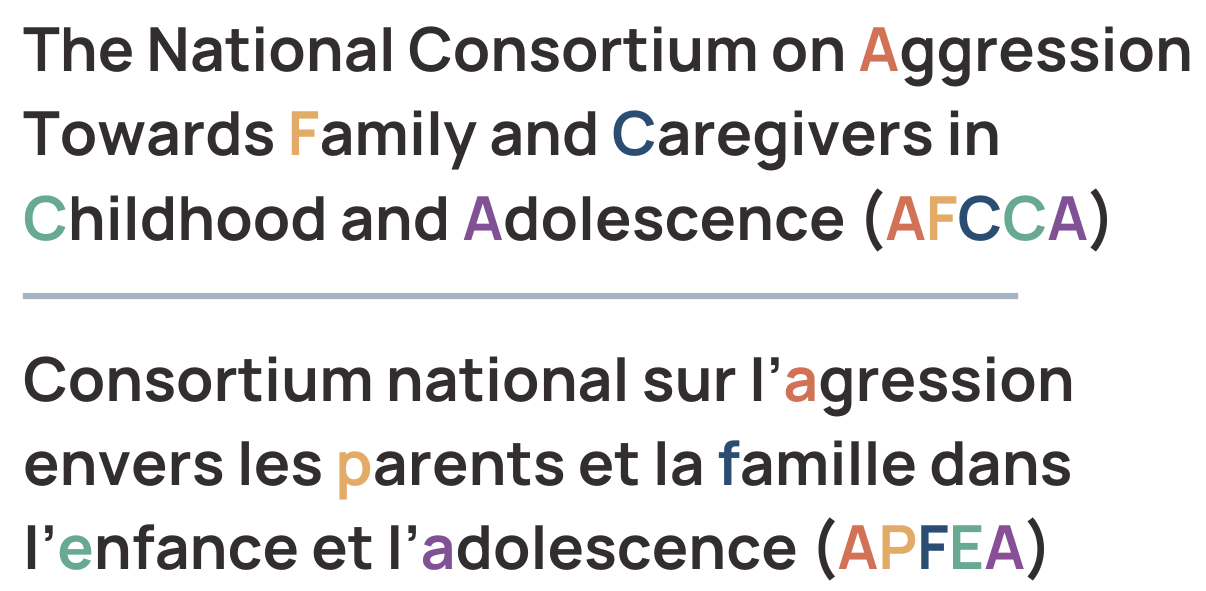donations and fundraising
We welcome strategic national partnerships and collaborations with interested health care, children’s rights, peer-support, and/or organizations, networks, and agencies focused on family strength and preservation.
The National Consortium on AFCCA was first formed in 2020/2021 to gain a better understanding from Canadian stakeholders and to improve outcomes for Canadian children, their families, and their communities. The Consortium was made possible through an initial investment by Kids Brain Health Network, and further supported by ongoing partnerships with engaged agencies, researchers, clinicians, and families.
Ongoing financial investment has continued to enable the Consortium’s ability to accelerate change in our collective understanding of AFCCA and the growing urgency in supporting families in crisis.
Your donations and contributions directly help to support the development of accessible, effective resources and family supports, while continuing to expand broad public awareness and understanding of AFCCA.
partner with us
Meaningful family and community engagement is a core principle of our work.
We continuously partner with families, practitioners, community leaders, and other partners to deepen our understanding of AFCCA.
We are particularly interested in working together with underrepresented voices and communities as part of continuous community engagement, particularly with those missing, silenced, or underserved groups where culturally relevant approaches to addressing AFCCA may provide learnings for all.
Have an idea on how we can work together? Let’s connect.
careers and volunteers
We’re a collective group of people passionate about helping families and their children who are experiencing AFCCA.
The National Consortium is grateful for the more than 3000+ hours of volunteer contributions by a growing network of partners and families who have worked extensively to break down the shame and stigma associated with AFCCA, and improve outcomes for families.
In particular, youth with direct experience of AFCCA who have bravely shared their stories and insights have been invaluable, and we are thankful for the leadership of these youth in shaping AFCCA research and interventions.
Interested researchers, professionals, family members with lived experience, and clinicians are welcome to contact us to discuss opportunities to work together.




